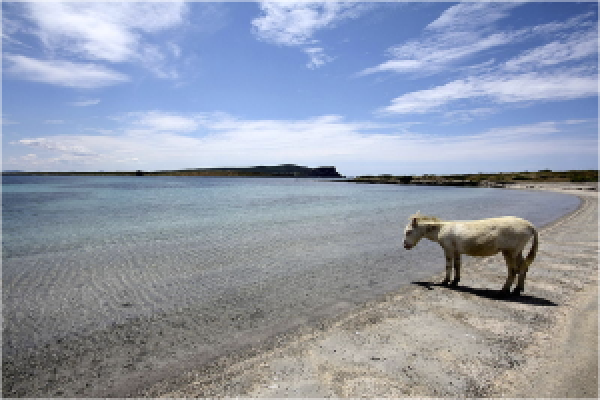
Learn Survival Italian
Wikivoyage users have collectively created a free Italian phrasebook with the goal of making it possible for travelers to "get by" while traveling in areas where Italian is spoken.
Wikivoyage phrasebooks are available in many languages and each one varies in depth and detail. Most of the phrasebooks include a pronunciation guide, a general phrase list, information about dates and numbers, a color list, transportation-related phrases, vocabulary for shopping and phrases for eating and drinking. Some are even more in depth, and all are free!
From Website
Italian is the official language of Italy, San Marino, and is an official language of Switzerland, spoken mainly in the cantons of Ticino and Grigioni. It is a co-official language in Istria and the coastal region of Slovenia. Furthermore, it is the de facto primary language of the Vatican City and is widely used and understood in Monaco, Corsica and Malta and even in Albania and in Romania. It is also used outside of Europe in parts of Libya and Somalia.
Even if in most of the touristic resorts along Italy English and German are widely spoken, most Italian people can't speak a non-Romance language), so it is useful to know some basic phrases in Italian.
In Italian, you use the polite form ("lei") with all the people you don't know; it doesn't matter whether they are older or younger than you, unless they are children. You'll use the confidential form ("tu") with the people you know and with children. The two forms differ in the use of the 2nd and 3rd persons in verbs.
Italian has two genders: masculine (-o, pl. -i), feminine (-a, pl. -e), and some remnants of the neuter (uovo "egg", pl. uova). So a woman would say Mi sono persa while a man would say Mi sono perso to say "I am lost".
If you speak Spanish or even Portuguese, be careful as there are a lot of words that look and sound almost the same in these languages but convey very different meanings: for example, Spanish guardar ("to store, shelve") vs Italian guardare ("to see, watch") and salir ("to get out") vs salire ("to go up"); Spanish caldo ("soup") vs Italian caldo ("warm").
Italian (italiano, or lingua italiana) is a Romance language spoken by 62 million people in Italy, Switzerland, San Marino, Vatican City, by minorities in Malta, Monaco, Croatia, Slovenia, France, Libya, Eritrea and Somalia, and by immigrant communities in the Americas and Australia. Many native speakers are native bilinguals of both standardised Italian and regional varieties.
In Switzerland, Italian is one of four official languages, spoken mainly in the Swiss cantons of Grigioni and Ticino. It is also the official language of San Marino, as well as the primary language of Vatican City. It is co-official in Slovenian Istria and in part of the Istria County in Croatia. The Italian language adopted by the state after the unification of Italy is based on the Tuscan dialect, which beforehand was only available to upper class Florentine society. Its development was also influenced by other Italian dialects and by the Germanic language of the post-Roman invaders.
Italian derives diachronically from Latin and is the closest national language to Latin. Unlike most other Romance languages, Italian retains Latin's contrast between short and long consonants. As in most Romance languages, stress is distinctive. In particular, among the Romance languages, Italian is the closest to Latin in terms of vocabulary. Lexical similarity is 89% with French, 87% with Sardinian, 85% with Catalan, 82% with Spanish, 82% with Portuguese, 78% with Rhaeto-Romance, and 77% with Romanian.
The Italian alphabet is a variant of the Latin alphabet used by the Italian language.
Italian is spoken in and has the following linguistic heritage:
Indo-European Languages > Italic Languages > Romance Languages > Italo-Western Languages > Italo-Dalmatian Languages > Italian